archipelago of possibilities
a tool for reflection, discussion and discovery of what teachers hold dear
a tool for reflection, discussion and discovery of what teachers hold dear
The Archipelago of Possibilities is a tool for teachers and educators to discover what they hold dear in regards to their practice and teaching. Using a metaphor, the archipelago is a future place where teachers and educators can travel to an ideal teaching and learning environment. Once teachers are aware of what is holding them back from achieving their ideal, they can start acting on the teaching practice they wish to have.
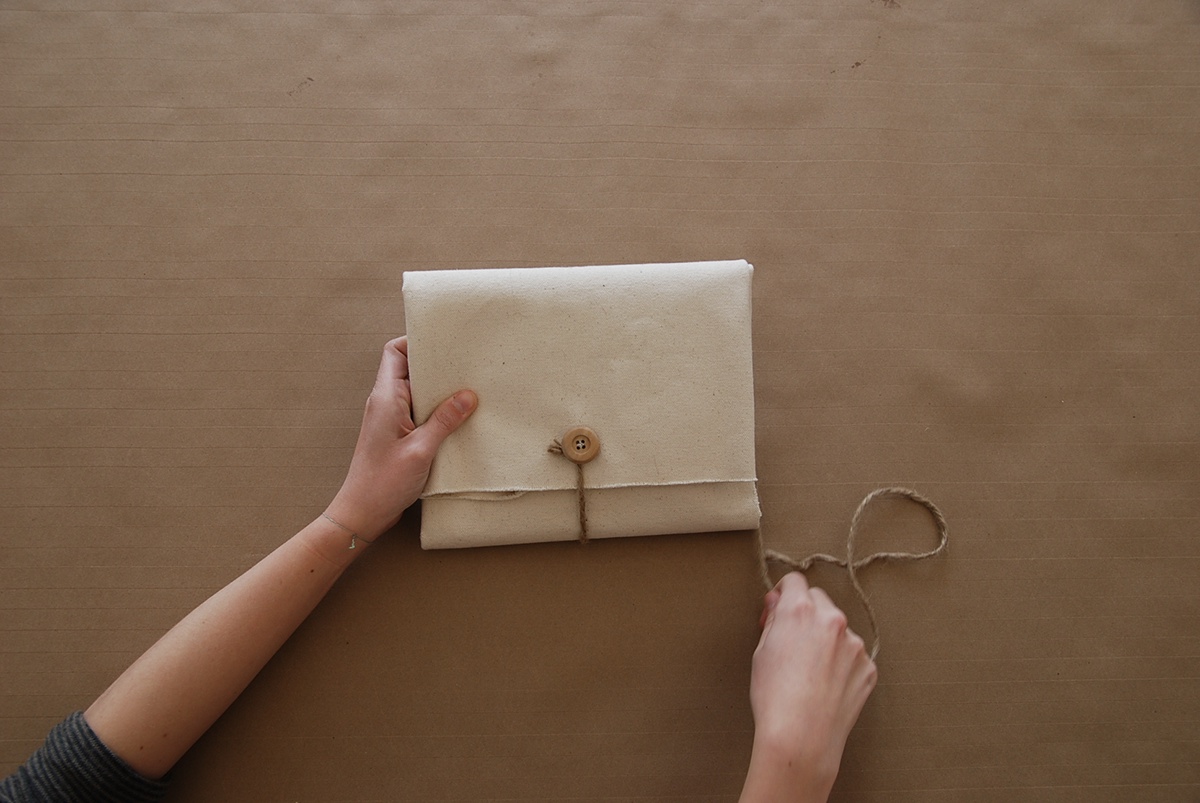
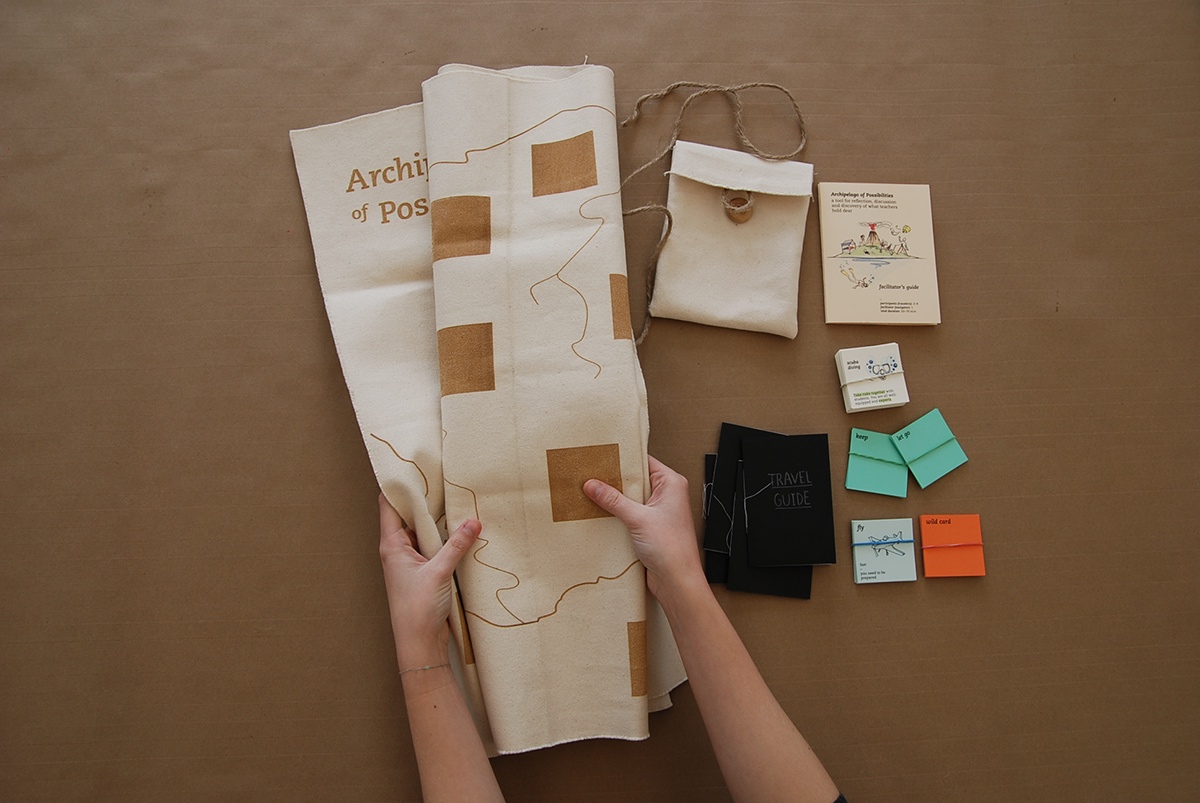
The experience takes approximately 50–70 min and it involves one navigator (facilitator) and 4–5 travelers (participants). It is composed of four sequential parts: preparation, travel guide, souvenir and transportation. In the preparation part, which represents the present, participants write one item per card on what they currently hold dear and what they wish to let go in their practices. This first part creates a suspension of disbelief by removing daily struggles and sets a tone of reflection. Then, travelers are invited to plan their one-week stay on the island as they build their own travel guides. They can choose up to five activity cards (displayed on the map) and place them in their booklet. The descriptions on the activity cards build on the metaphor of the island and also relate to the teachers’ mind frames we are exploring: growth mindset and formative feedback. This part represents the future, offering them a glimpse of possibilities of what they are trying to create.
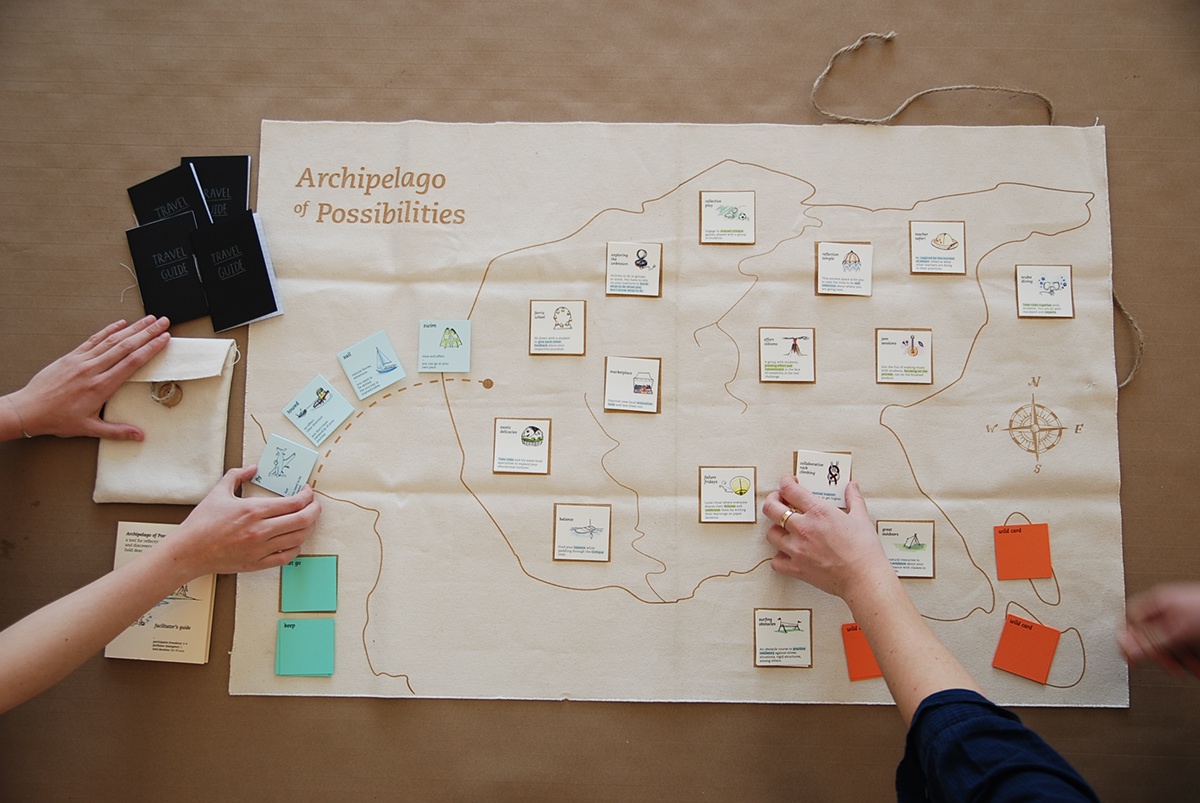
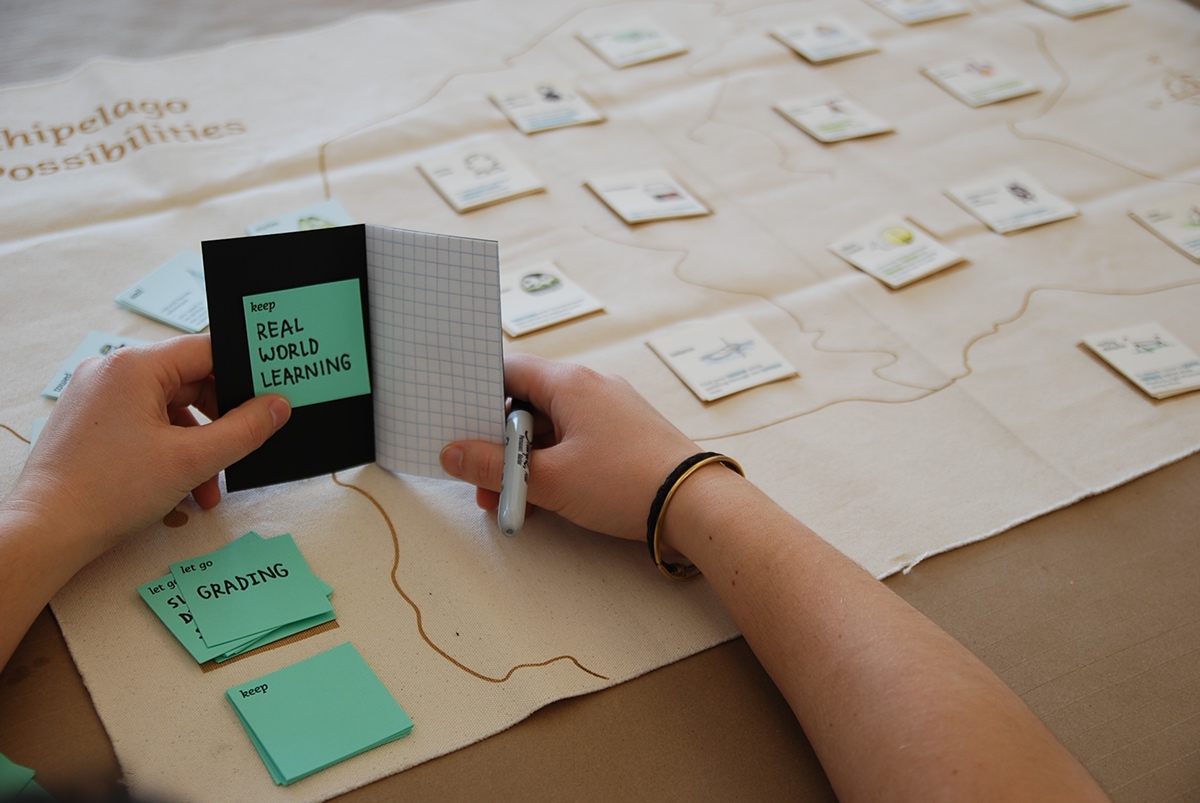
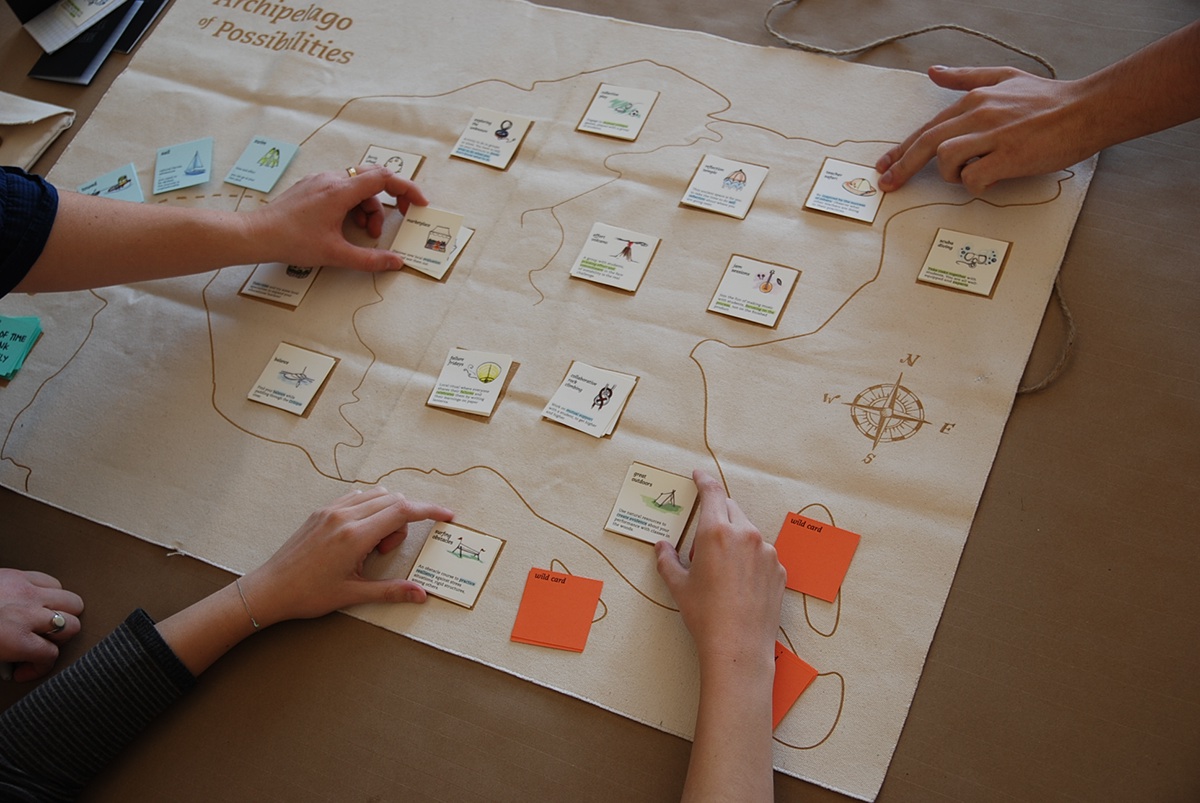
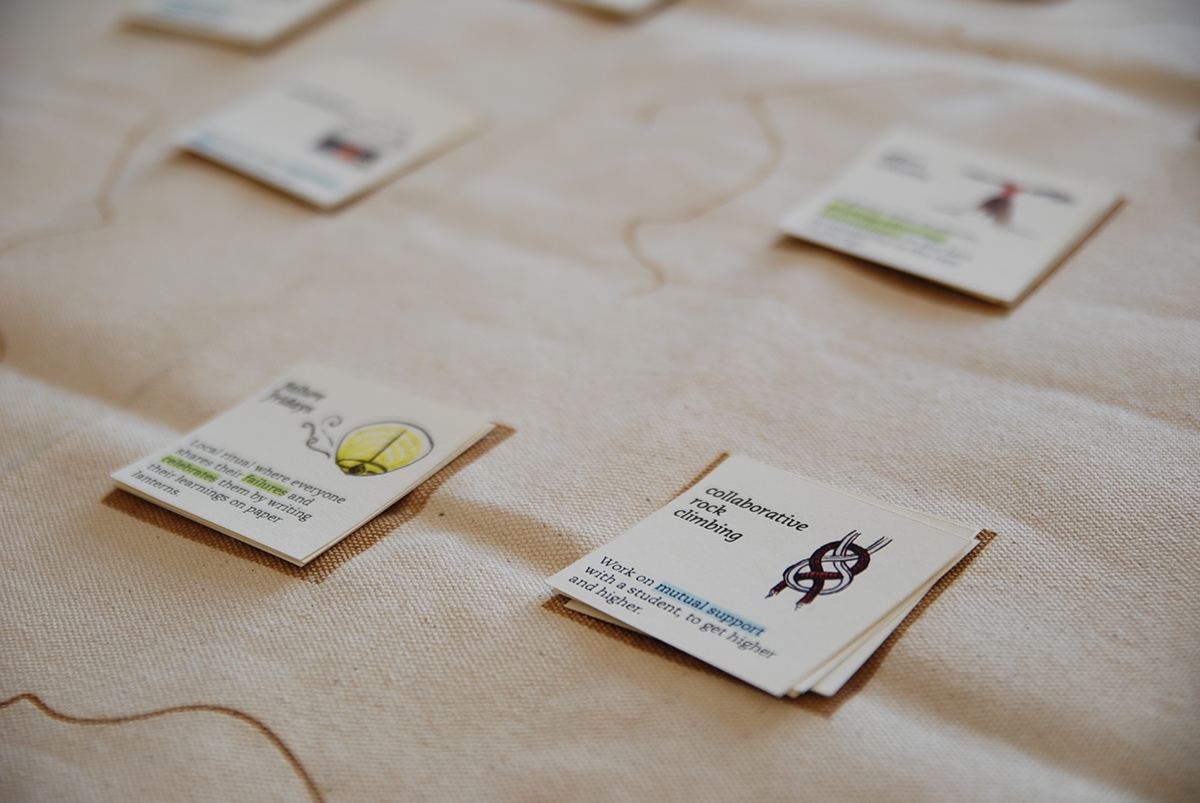
After sharing their choices with each other, travelers are introduced to a set of materials and asked to build a souvenir they will bring back from the future to their current practice. The souvenir, a container of possibilities, is about making meaning of what is truly relevant for their practice, as well as a reminder of the experiences lived on the island. In the final part, travelers are asked how they will get to the island, considering questions of urgency, preparation, distance and internal obstacles that keep them from moving forward. We present four options of modes of transportation (sailing, flying, swimming and towing) but they are also encouraged to create their own by imagining how their journey to the future might unravel. By deciding their modes of transportation, their choice serves as a commitment device to begin fraying their paths to their Archipelago of Possibilities.
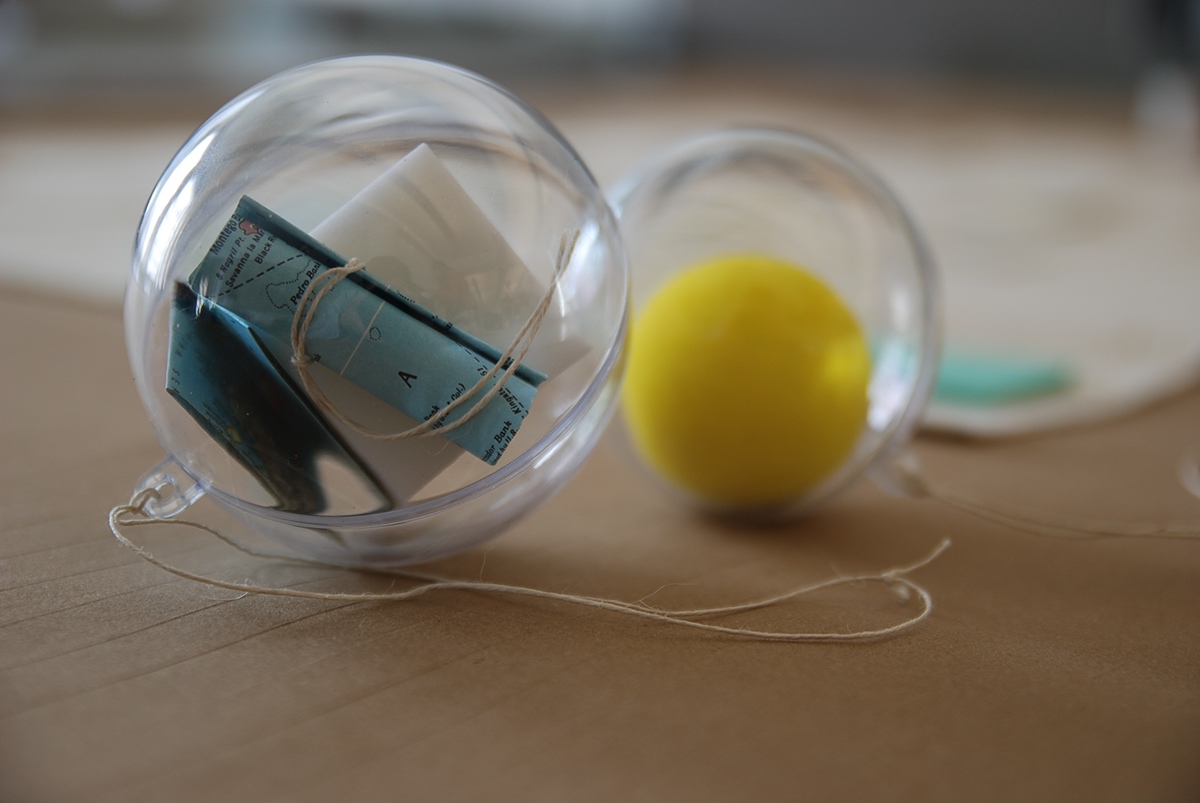
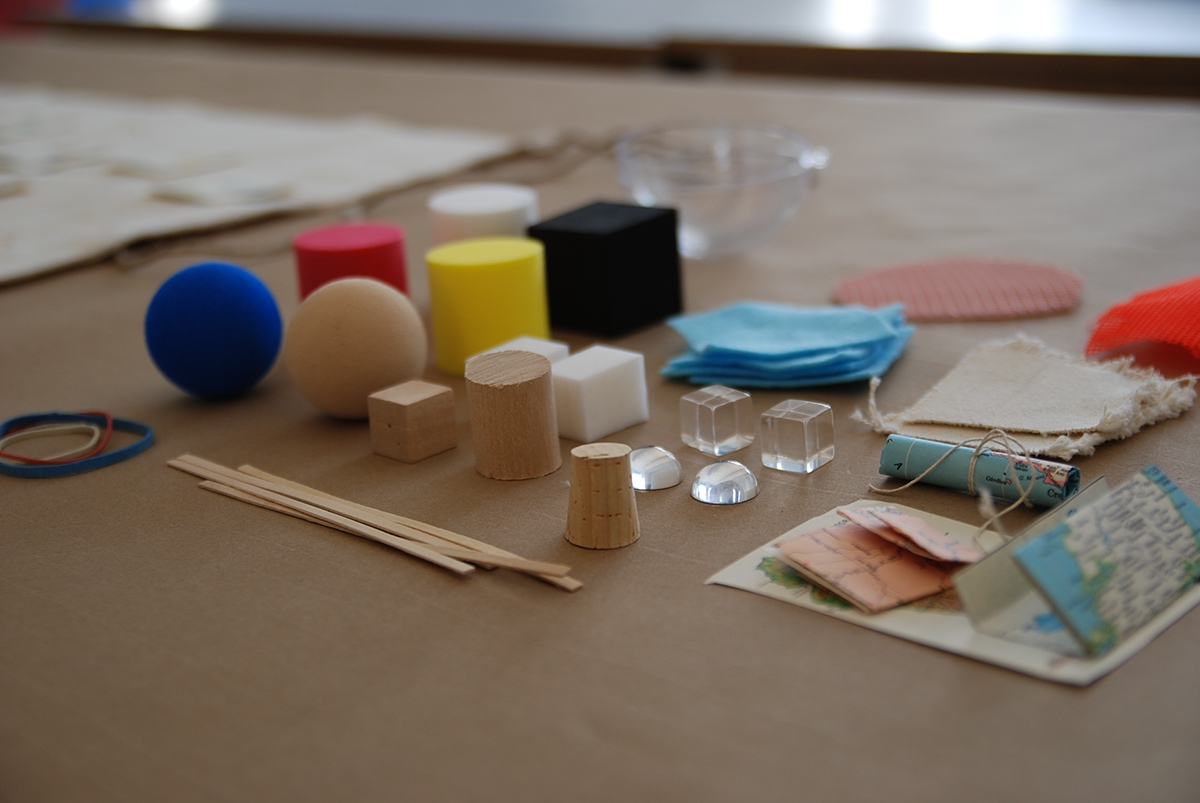
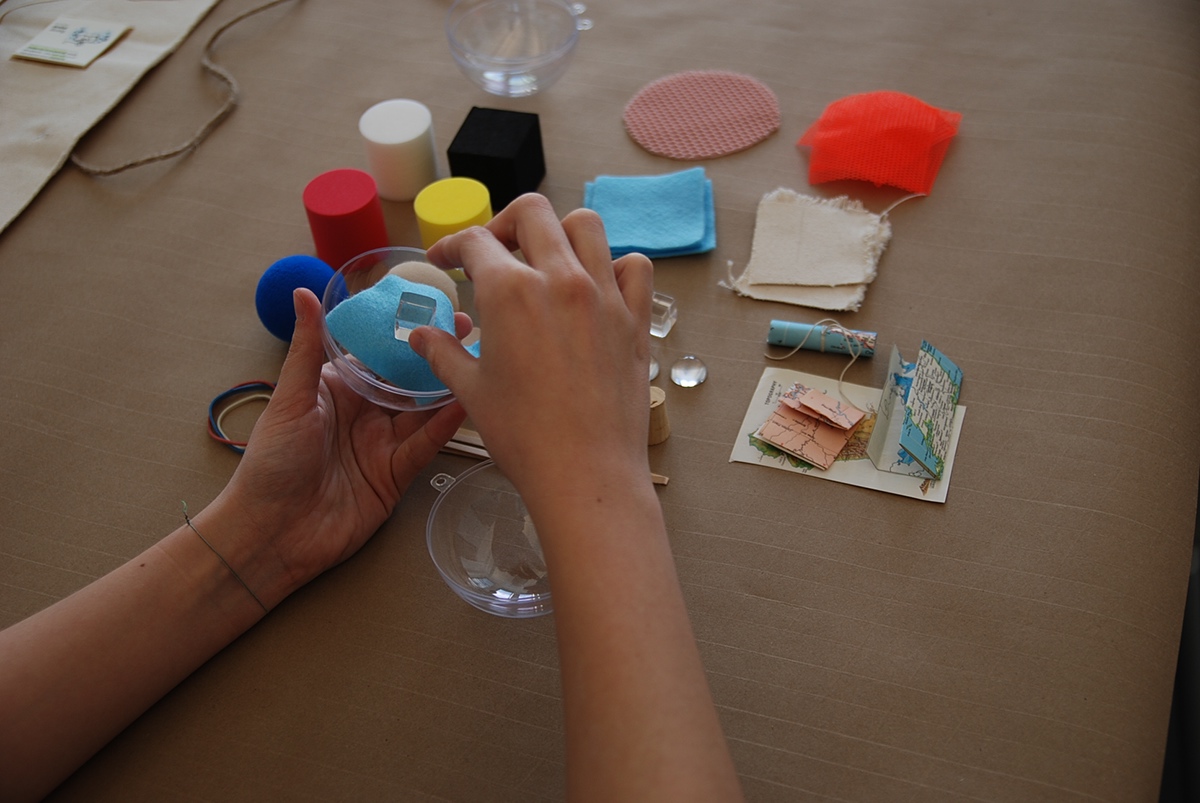
To make a better use of the tool, we recommend teachers to commit to a mindframe they wish to further develop and agree on a future date when they will come back together to reflect on: What was the mindframe they committed to develop? How have they tried to develop it? What evidence have they collected to showcase the change? Is there anything they need from others to keep growing?
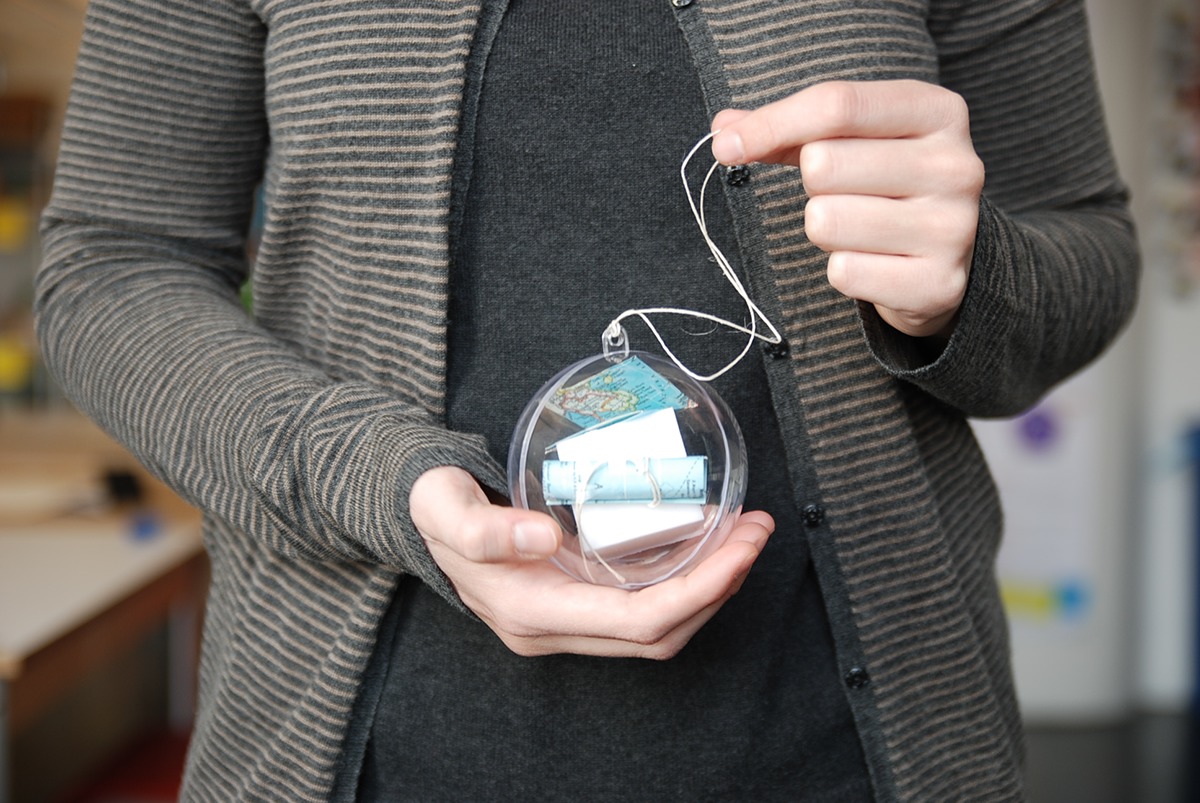
team Isabella Brandalise, Ker Thao, Ricardo Dutra and Sophie Riendeau
partner Melbourne School of Graduate Education and Riverdale Country School
school Parsons School of Design / School of Design Strategies
program MFA Transdisciplinary Design
course Studio 3 / Transforming Mindsets
instructors Lisa Grocott and Roger Manix
place New York City, USA
year Fall 2015
partner Melbourne School of Graduate Education and Riverdale Country School
school Parsons School of Design / School of Design Strategies
program MFA Transdisciplinary Design
course Studio 3 / Transforming Mindsets
instructors Lisa Grocott and Roger Manix
place New York City, USA
year Fall 2015


